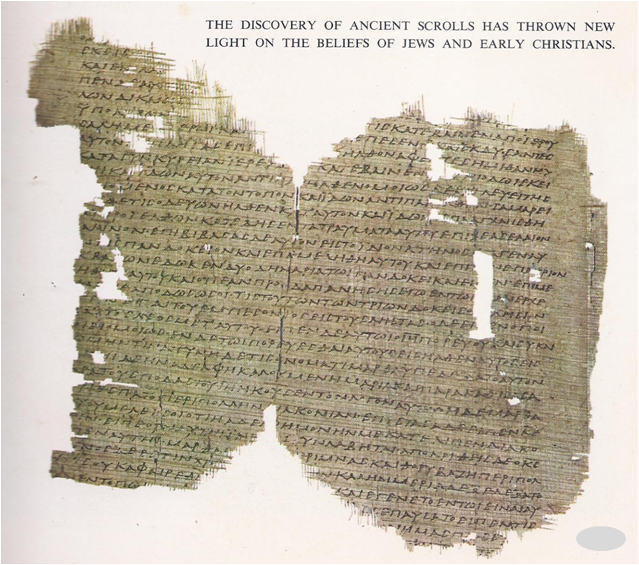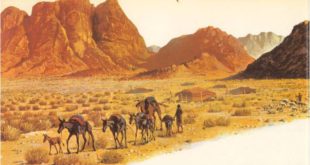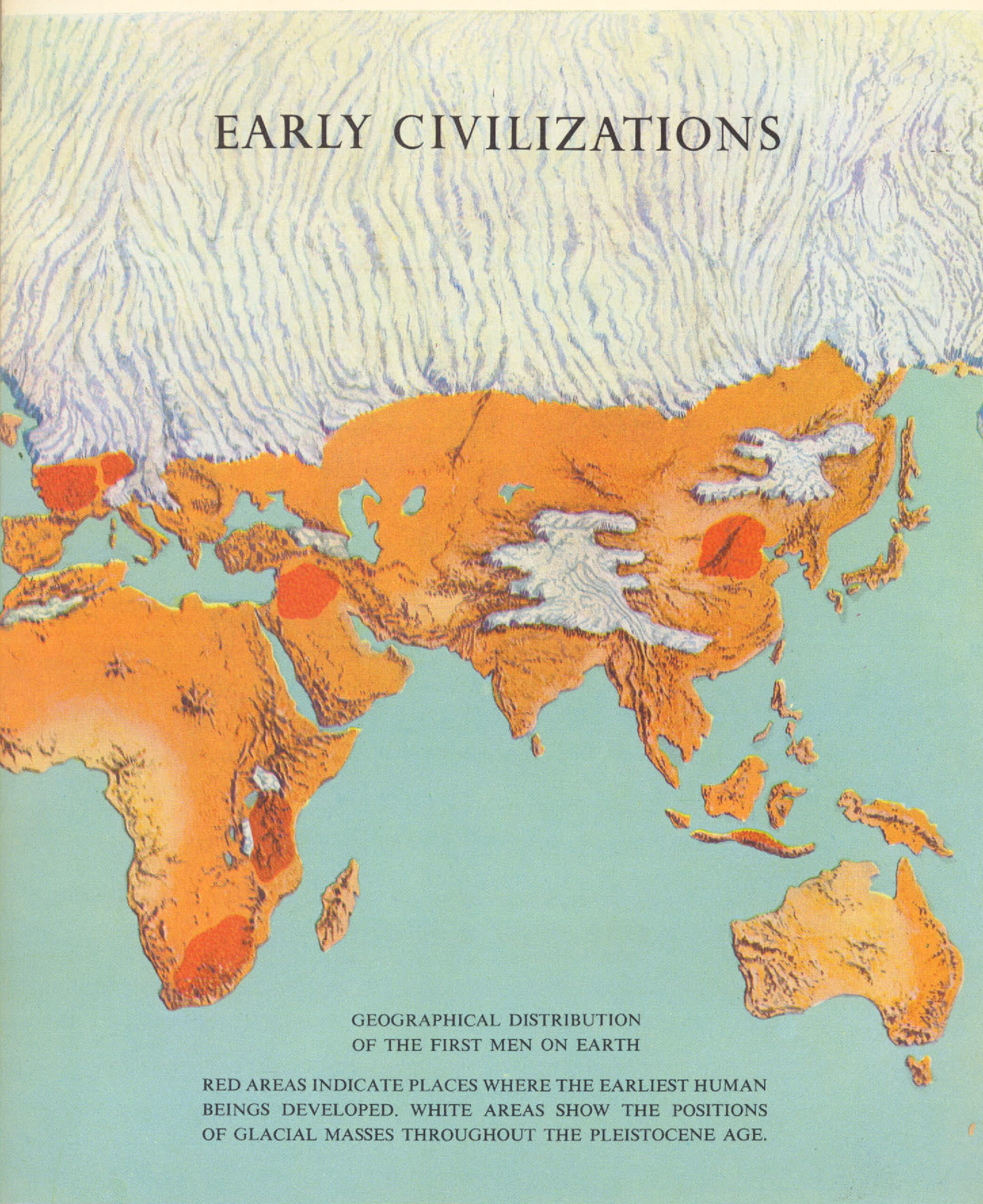ALL THAT is known about Jesus of Nazareth appears in the first four books of the New Testament. These books, written many years after his death, are called the gospels of Matthew, Mark, Luke and John. There are differences of detail in each and the events of his life are not always reported in only one or two of the books, others in all of them. The gospels of Matthew and Luke, for example, begin with the birth of Jesus to a virgin named Mary. The gospels of Mark and John begin with events that took place some thirty years …
Read More »Tag Archives: Palestine
The First Palm Sunday A.D. 29
IT WAS the Sunday before Passover. The soft greens of spring and patches of wild flowers brightened the hills above Jerusalem. The holy days of the Passover, celebrating the escape of the Jews from slavery in Egypt, would not begin until the following Friday at sundown. But people were already busy preparing for it. The roads leading into the Holy City were crowded with Jews coming to attend the rites in the Temple. On the roads were also herds of cattle, flocks of sheep and carts loaded with cages of turtledoves. These were being brought to the Temple to be …
Read More »The People of One God 3000 B. C. – 30 B. C.
On the plains of Mesopotamia, a young man stood gazing up at the stars that glittered from the dark sky of night. He was Abraham, a native of the Sumerian city of Ur. Abraham was a Hebrew, one of the many tribes of Semites said to have been descended from Shem, the son of Noah who had been saved from a great flood many years before. Like all people of his time, Abraham believed in many gods throughout nature. As he studied the pattern of the great stars for the god’s message, Abraham began to feel he was in the …
Read More »The Gift of the Nile 3300 B.C. – 30 B.C.
It was around 3500 B.C. and as it did every year around the middle of July, the Nile had begun to rise. Carrying tons of soil, the waters poured down from the mountains of Africa, where the rain and melting snow fed the streams that surfed northward into one great river. Wherever it ran free of the rocky canyons, the river overflowed onto the dry fields along its banks. It lapped against the villages on high ground and spread to market towns on the edges of the dessert. Moving northward, the river engulfed the entire Delta region and then emptied …
Read More »The Coming of Man
About 400,000 years ago, a group of people were gathered at the mouth of a cave. They had a fire in which they were roasting deer meat and around them lay the bones of monkeys, wild pigs and water buffalo from previous meals. One of the women was picking berries from the nearby bushes. A man sitting close to the fire chipped away at a broken stone he would use to cut off chunks of the cooked meat. Another man, too hungry to wait, gnawed the marrow from some bones. The cave was one of several not far from what …
Read More »



